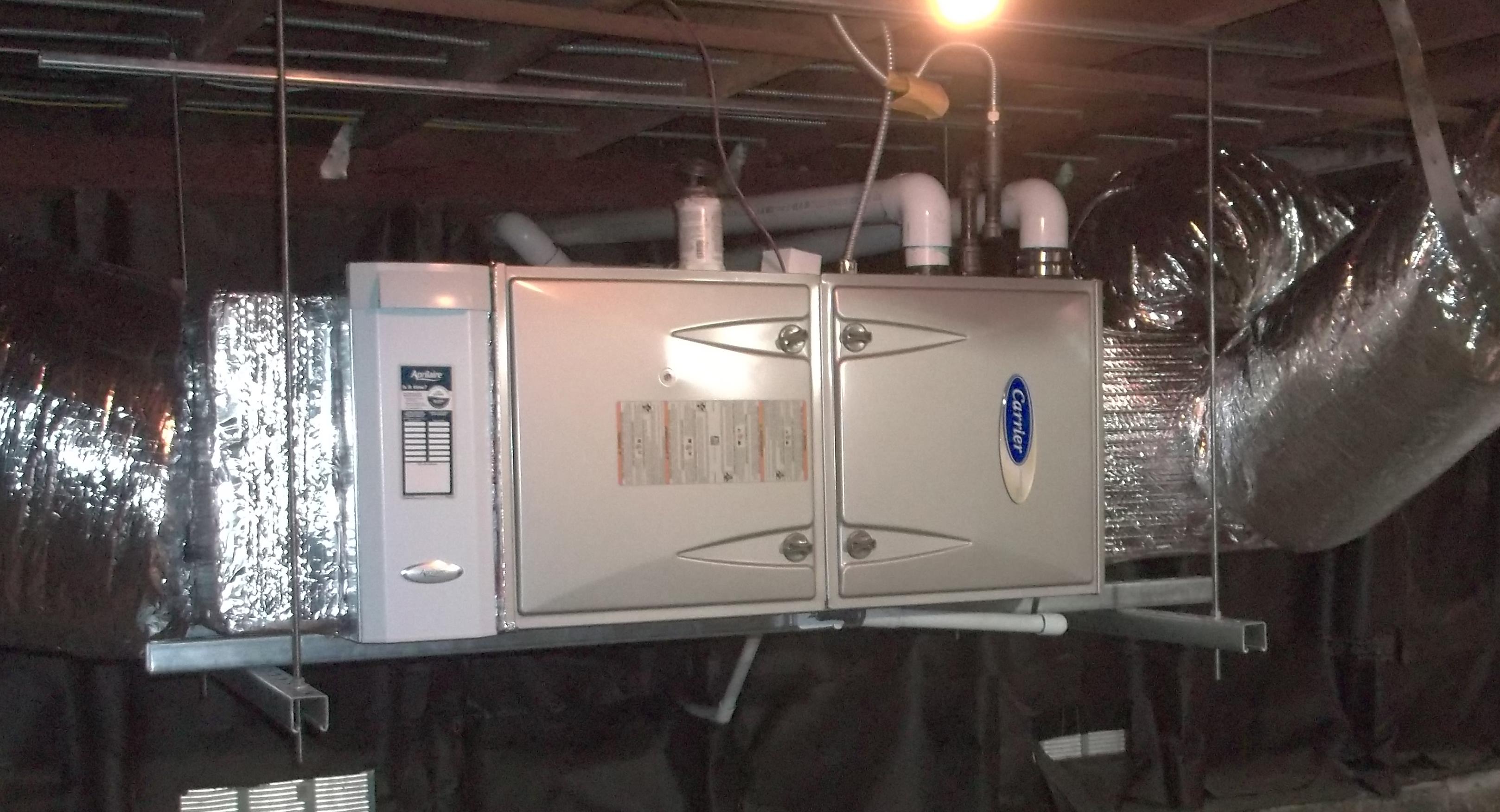What to Consider Before Installing a Furnace
With winter here, many El Cerrito, Oakland and Berkeley area residents are spending quite a bit more time indoors. During this time of year, we typically spend as much as 90% of our days and nights inside, and our furnaces can see quite a bit of use when the temperatures fall. For those who are looking to increase home efficiency, boost indoor air quality and create a more comfortable home environment, the solution can often be found in a new furnace.
When choosing a new furnace for a home, there are a handful of things that need to be taken into consideration—here’s a primer to get you started.
Heating Load
The first, and perhaps most important thing to think about when preparing to install a new furnace is your home’s heating load. In simple terms, heating load can be defined as the amount of heat needed to bring a space to a specific temperature. Rather than overcompensating to avoid the risk of underperformance, it’s best to choose a heating system that is just large enough to be able to manage the necessary heating load for your home.
A specialized HVAC professional, like the experts at Hassler, can do a Manual J calculation to ensure that your furnace will be the perfect size for your home. This is based on information such as your home’s square footage, how many people reside in your household, the number and size of your home’s windows, in addition to how your home is oriented.

Why is heating load important? If your furnace is too small, it will struggle to heat your home and eventually wear out in the process. Too large, and the unit will short-cycle, which can also result in a shorter lifespan and inefficient heating. The only way to know for sure whether or not a furnace is the right size for your home is to have an HVAC specialist conduct a full evaluation.
Additional Factors that Influence Furnace Efficiency
Every homeowner wants to do what they can to improve energy efficiency, and installing a new furnace is a major step in the right direction. Here are a few additional HVAC-related factors that can influence a home’s efficiency, all of which should be looked at before an install.
Ductwork
Is the ductwork in your home so old that you can’t even place an age on it? You may want to consider replacing it before installing a new furnace. Having the team at Hassler conducting a Manual D calculation will ensure your ductwork is properly sized.
Leaky ducts can result in poor performance, so if you won’t be replacing your ducts be sure to at least have your current ductwork evaluated for cracks and gaps, and then sealed.
Air Balancing
When a heating system is properly balanced, it can operate at peak performance. An HVAC professional can ensure that a good balance exists between your furnace’s supply and return air, boosting efficiency and saving you money in the process.
Furnace Filter
Change your furnace filter frequently after you’ve had a new unit installed. This way, you’ll never have to worry about performance issues due to a dirty filter, and you’ll help preserve your home’s indoor air quality.
Contact us today to learn more about the necessary steps prior to a new furnace installation.
